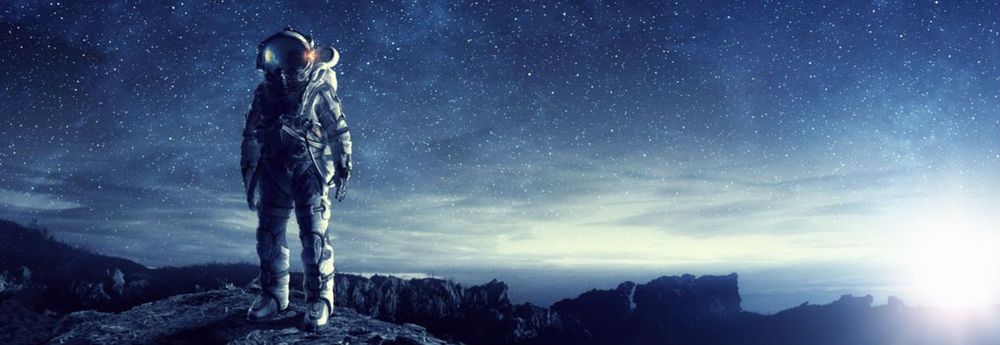An exhibition at the Science Gallery Dublin explores how humans are preparing to live in the harsh conditions of outer space — and how microorganisms might help us do so.
Space traveling is closer than many of us think. NASA has plans to send humans to Mars in the 2030s, and Elon Musk seems to have taken on a personal challenge of establishing a city on the red planet. He says the Martian city should reach a million inhabitants within 40 to 100 years.
However, the human body is not adapted to life in space. In zero gravity, muscles lose force, bones lose density, vision becomes blurry, and the immune system grows weaker. A study that sent astronaut Scott Kelly to space for a year showed that the regulation of his DNA — but not its actual sequence — changed as compared to his twin brother, who stayed on Earth.









Comments are closed.